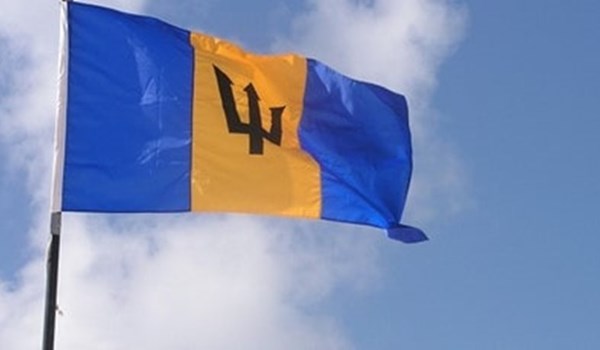Jurisdictions
Regions
Industry Sectors
14/05/21
BARBADOS: UK places jurisdiction on new list citing money laundering concerns.

As published on barbadostoday.bb, Thursday 13 May, 2021.
Bridgetown has been placed on yet another list coming out of Europe, at a time when the country is awaiting the removal of its name from another.
Barbados is one of three Caribbean countries to be placed on the United Kingdom’s list of “high-risk third countries” when it comes to money laundering and terrorist financing.
This comes even as UK officials acknowledged that authorities in Bridgetown have made efforts over the past few years to strengthen anti-money laundering and combating the financing of terrorism (AML/CFT) regimes.
However, the move has not caught local officials off guard, as Attorney General Dale Marshall explained that though disappointing, it was not surprising.
In fact, he told Barbados TODAY authorities here have been “tracking the potential” for this development since earlier this year.
“We were given the assurance by the UK that the list would simply mirror the Financial Action Task Force’s (FATFs) list of jurisdictions with strategic deficiencies.”
The UK’s list, which is contained in its amended Money Laundering, Terrorist Financing and Transfer of Funds (Information on Payer) Regulations 2017 (MRLs), was approved by the UK Parliament and came into force at the end of March this year.
The other Caribbean countries on that list are the Cayman Islands and Jamaica.
Completing the full list of 21 countries are Albania, Burkina Faso, Botswana, Cambodia, Korea, Ghana, Iran, Mauritius, Morocco, Myanmar, Nicaragua, Pakistan, Panama, Senegal, Syria, Uganda, Yemen and Zimbabwe.
Having left the European Union (EU) effective the end of January last year, the UK no longer considers the definition of a high-risk third country one that is designated by the European Commission delegated act, but it is now one that is specified simply by its Schedule 3ZA list, as reflected by the amendment to regulation 39 (4) of the MLRs.
An explanatory note on the UK government’s website said “the regulations amend the Money Laundering, Terrorist Financing and Transfer of Funds (Information on the Payer) Regulations 2017 (The MLRs) to insert as Schedule 3ZA, a new UK list of high-risk third countries for the purposes of enhanced customer due diligence requirements”.
Citing a FATF statement from February 2020, the UK acknowledged that Barbados made a high-level political commitment to work with the FATF and CFATF (Caribbean Financial Action Task Force) to strengthen the effectiveness of its AML/CFT regime.
However, Her Majesty’s Treasury said that in light of the latest FATF statements it was advising firms on its list to “take actions to minimize the associated risks, which may include enhanced due diligence measures in high-risk situations”.
Marshall, in a statement issued to Barbados TODAY on Wednesday, said the use of the term “high-risk” by the UK was unfair.
“The UK’s use of the term “high-risk” elevates the situation to one that is not merited, especially since it is using the FATF’s list,” said Marshall.
“Nowhere does the FATF refer to the listed jurisdictions as being high risk. The FATF makes it clear that a country’s appearance on the list of Jurisdictions with strategic deficiencies is not a call for other FATF member countries to take enhanced due diligence measures, since the listed countries are actively working with the FATF to resolve the issues identified,” he explained.
“In February 2020, the FATF and Barbados agreed on a multi-year action plan to address identified deficiencies and we have been working assiduously on the implementation of that plan, with the aim of being removed from the FATF in the shortest possible time. Barbados’ first progress report to the FATF is due in September this year,” added Marshall.
Barbados was required by the Organization for Economic Cooperation and Development (OECD) Global Forum to implement a number of changes to its tax exchange framework between July 2015 and June 2018 in order to be considered fully compliant but did not complete those changes until December 2019.
This resulted in the country being rated “partially compliant” by the OECD’s Global Forum when the review was completed in March 2020 for the July 2015 to June 2018 review period.
Following the island’s “partial compliant” rating by the OECD Global Forum, Barbados was then placed on the EU Council’s blacklist of jurisdictions for non-compliance in May 2020, and again in October the EU said it was keeping Barbados on its updated list.
However, in February this year, the EU removed Barbados from its “blacklist”.
The island is due a supplementary review by the OECD Global Forum in September to determine if it will be deemed “fully compliant” then.
In early March of this year while addressing the Institute of Chartered Accountants of Barbados (ICAB) tax update seminar, Kevin Hunte, Director of International Business in the International Business Division, predicted that the UK would issue its own list now that it was no longer a part of the EU.



